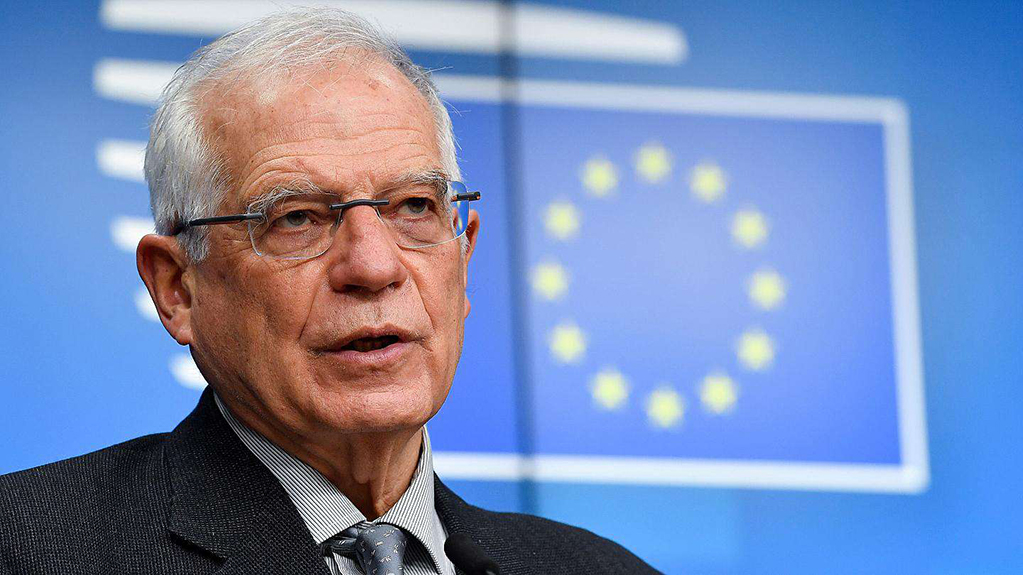According to EU High Representative for Foreign Affairs and Security Policy Josep Borrell, the Georgian government needs to implement major reforms, regardless of whether the country retains its candidate status.
News
Borrell made this statement in Kyiv during an interview with Ukrainska Pravda.
"First, I don't see any similarity between Georgia and Ukraine. Not at all. The President and the government of Ukraine is fully engaged with European Union membership, as well as Ukrainian society. There is no doubt that your country wants to be a member of the European Union. And Ukraine’s membership in the EU is the strongest security commitment or security guarantee that we can offer to Ukraine.
That's not the case with Georgia, certainly. We have been telling the Georgian rulers, the Georgian government, that they are diverging from the European track. And if they want to be a member of the European Union, they have to change the law they have approved, to fix the problems evident at elections, to go back to the track. They need strong changes even to be considered still a candidate to the European Union," said Borrell, who is also the Vice-President of the European Commission.
On October 30, the European Commission published its annual enlargement package, assessing the progress of ten countries, including Georgia, on their path to EU membership. The European Commission states that Georgia's accession process has been effectively suspended due to actions by its government and will not recommend starting accession negotiations with Georgia unless the country changes course. The ruling party, Georgian Dream, denies this situation.















